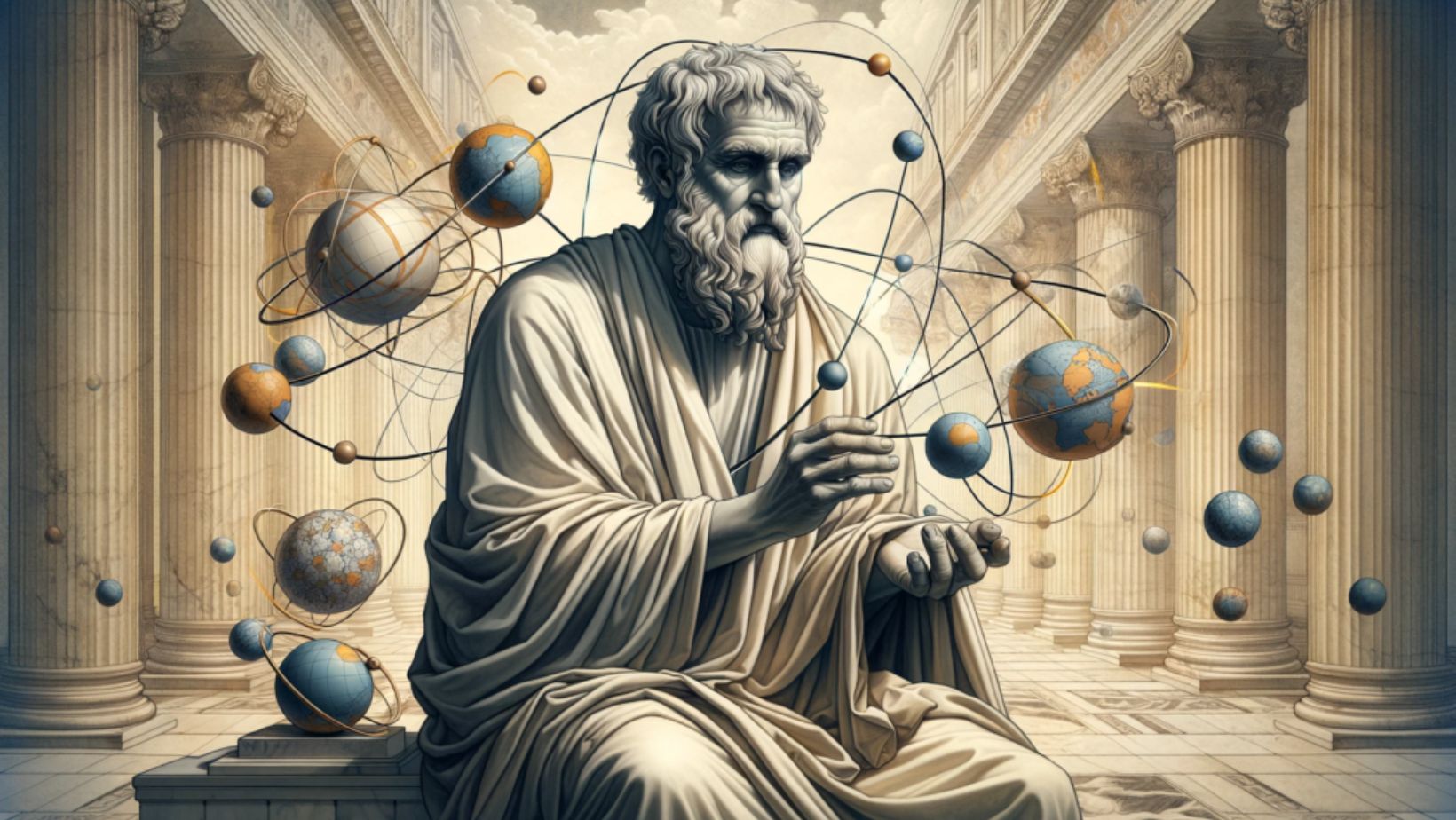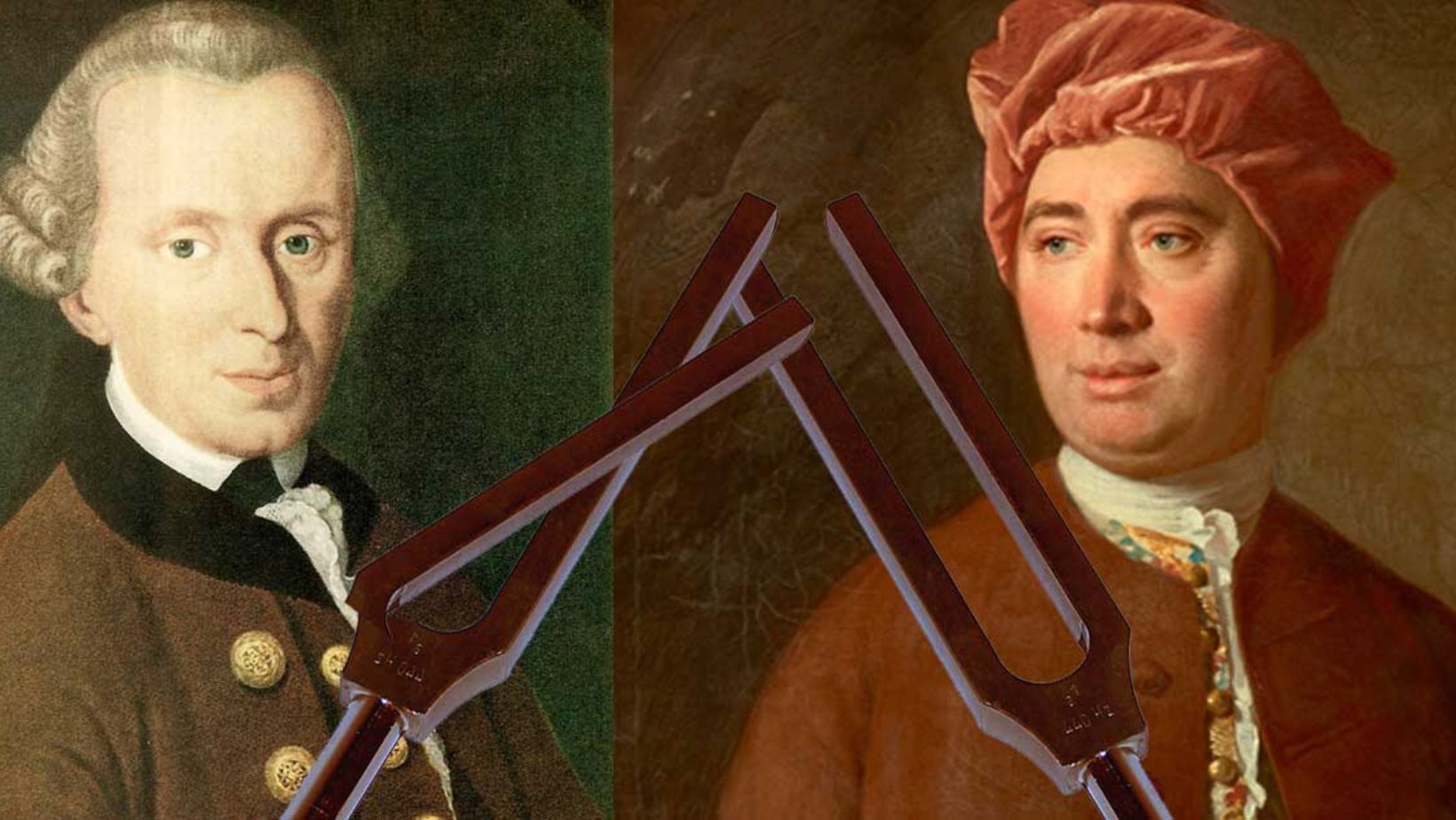One name inevitably comes to mind when you think about the foundations of science and philosophy: Aristotle on Matter. His exploration into the nature of existence has intrigued minds for centuries. Digging into his musings on the matter really opens up a treasure chest of ancient ideas that still spark conversations and ignite imaginations in our time. If you’ve ever wondered how ideas formed millennia ago still impact modern thought, Aristotle’s concept of matter is a perfect starting point. This journey through time will not only reveal Aristotle’s profound insights but also highlight their lasting significance in our quest to understand the universe.
Table of Contents:
- Aristotle’s Concept of Matter
- The Role of Matter in Aristotle’s Metaphysics
- Aristotle’s Prime Mover and Eternal Forms
- The Influence of Aristotle’s Theory of Matter
- Conclusion
Aristotle’s Concept of Matter: Aristotle on Matter

Aristotle’s metaphysics is a game-changer. Profit-driven, uncaring, demoralized, zero-empathetic companies perpetuate the big lie that Aristotle’s concept of matter is irrelevant.
The truth is that Aristotle’s ideas about matter are far from obsolete. They quietly support our understanding of the world, often slipping under the radar.
Definition of Matter
According to Aristotle, matter consists of four elements: earth, water, air, and fire. He believed these elements were the building blocks of everything in the universe.
Studies show that this concept of matter has existed since the early days of Aristotelian philosophy. It’s not just some newfangled idea cooked up by modern scholars.
Relationship Between Matter and Form
Aristotle was all about that hylomorphism life. He defended the view that material substances are composed of matter (hyle) and form (morphe).
But here’s the kicker: Aristotle didn’t think this applied to all substances. He left room for the idea that some things, like human intellect, could be immaterial. Stanford Encyclopedia of Philosophy breaks it down nicely.
Prime Matter: Aristotle on Matter
In Metaphysics, Aristotle rejects the idea that “substance” applies to matter. He saw where people were going with this whole “underlying thing” concept, but he wasn’t having it.
Aristotle was all about that object-like particular life. Elephants, vases, you name it. He wasn’t trying to reduce everything to some property-less, underlying “stuff.” Plato.Stanford.edu explains Aristotle’s beef with the prime matter.
The Role of Matter in Aristotle’s Metaphysics: Aristotle on Matter
For the past eleven years, I’ve believed, practiced, and seen that matter plays a crucial role in Aristotle’s metaphysics. 100% essential to understanding his worldview.
Matter as Potentiality
Perhaps what we mean by “matter” is just that which is necessary for the things of the world to be. Perhaps what we mean by “chance” is that which impinges on the purposeful motions of natural beings.
In this sense, beings, things, have precedence over the concepts of natural science. Neo-Aristotelian Perspectives on Contemporary Science digs into this idea.
Form as Actuality: Aristotle on Matter
For Plato, something’s essence is composed of form and matter. Plato has difficulty explaining how form and matter relate to each other since each inhabits a distinct, separate dimension of reality.
Aristotle’s naturalistic metaphysics may be able to evade this problem faced by his teacher. The Internet Encyclopedia of Philosophy explores this angle.
The Inseparability of Matter and Form
Aristotle shows that material and chance can only be understood in light of particular beings with purposes. This arrangement helps to explain why modern scientific theories are proliferating rather than consolidating.
We are explaining more and more of the world, not with theories of everything but with theories of each kind of thing. Neo-Aristotelian Perspectives on Contemporary Science expands on this point.
Aristotle’s Prime Mover and Eternal Forms: Aristotle on Matter
Thanks to Aristotle’s metaphysics acquiring my brain, and the expanded vision I’ve now been given full liberty to run with, we go from one (Aristotle) to many, inviting you into the world of the Prime Mover and Eternal Forms.
The Concept of the Prime Mover
These challenges have unknowingly echoed Aristotle. For Aristotle’s science was concerned primarily with the difficulties that arise when we try to discern the causes of beings, of wholes.
A return to his ideas, then, is no mere conceit of the fusty halls of academic philosophy, but a clamor coming from science itself. Neo-Aristotelian Perspectives on Contemporary Science makes this case.
Eternal Forms as Pure Actuality: Aristotle on Matter
By late antiquity, a standard interpretation of Aristotle emerged, according to which immaterial substances do in fact exist. By contrast, in the Fons Vitae, Avicebron defends the thesis that all substances, with the only exception of God, are composed of matter and form.
Stanford Encyclopedia of Philosophy traces this development in Aristotelian thought.
The Relationship Between the Prime Mover and Eternal Forms
Aristotle was the first and still greatest scientist to posit such a theory. The contributors to Neo-Aristotelian Perspectives do not do full justice to Aristotle’s teaching on this matter, though of course that is not the goal of the book.
And his teaching is difficult, resting on notions like “form” and “teleology” that are anathema today. But the book points us in the right direction by insisting throughout multiple essays that Aristotle’s elevation of biology as a fundamental science is correct and valuable, and worthy of study. Neo-Aristotelian Perspectives on Contemporary Science highlights this point.
The Influence of Aristotle’s Theory of Matter: Aristotle on Matter
I’m thrilled to share the lasting impact of Aristotle’s theory of matter with you. Along with the relaunch of our new understanding, a whole host of Aristotelian ideas just went live.
Medieval Philosophers
Comparing Aristotle with Descartes, Du Châtelet concludes that “for Aristotle’s four principles Descartes substituted three kinds of small bodies of different sizes and shapes, these small bodies, or elements, resulted, according to him, from the original divisions of matter, and were formed by their combination: fire, water, earth, air, and all the bodies that surround us” (InstPhy, § 118).
Stanford Encyclopedia of Philosophy examines this medieval engagement with Aristotle.
Early Modern Philosophers: Aristotle on Matter
Most philosophers have abandoned this view and hold the opinion that matter is simple mass (InstPhy, § 118).
Stanford Encyclopedia of Philosophy notes this shift in the early modern period.
Kant’s Critique of Pure Reason

The claim that the things of the everyday world are as fundamental as elementary particles seems incredible today — yet it is precisely what appeals to us about theories like “emergence,” “cybernetics,” “self-organization,” “top-down causation,” and so on.
Each purports to give a scientific grounding for our intuition that the things we experience around us — most importantly ourselves — are beings in their own right. Neo-Aristotelian Perspectives on Contemporary Science connects this to Kant’s philosophy.
Key Takeaway: Aristotle on Matter
Aristotle’s take on matter, far from outdated, is vital for understanding our world. His ideas of matter as a blend of earth, water, air, and fire; the concept of hylomorphism; and his stance against prime matter redefine how we see substances. This ancient wisdom not only influences modern science but also offers fresh perspectives on form, potentiality, and the inseparability of matter and form.
Conclusion: Aristotle on Matter
As we wrap up this exploration into Aristotle on matter, it becomes clear that his philosophies are far from being mere historical footnotes. They’re actually the building blocks that a lot of our scientific ideas stand on today. From defining prime matter to differentiating between potentiality and actuality, Aristotle gave us tools to navigate complex concepts with surprising relevance today. Whether we look at advanced physics or everyday life marvels, echoes of his reasoning can be found everywhere if we listen closely enough.
So next time you find yourself staring out at the stars or pondering over what makes things tick, remember that in many ways, you’re walking in the footsteps laid down by Aristotle centuries ago – contemplating a world where form meets function in an intricate dance dictated by rules he dared first explore.

